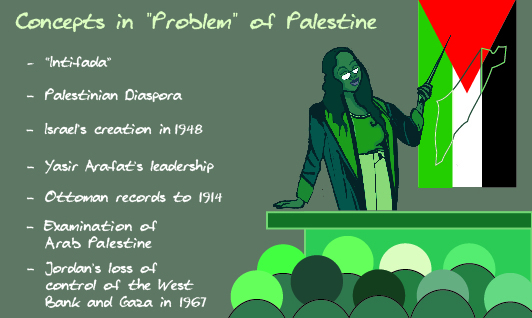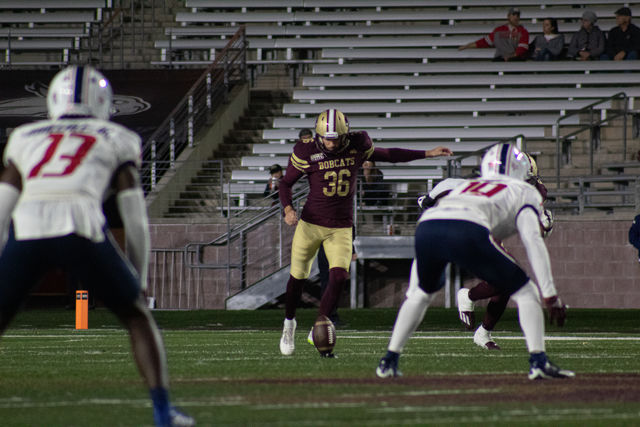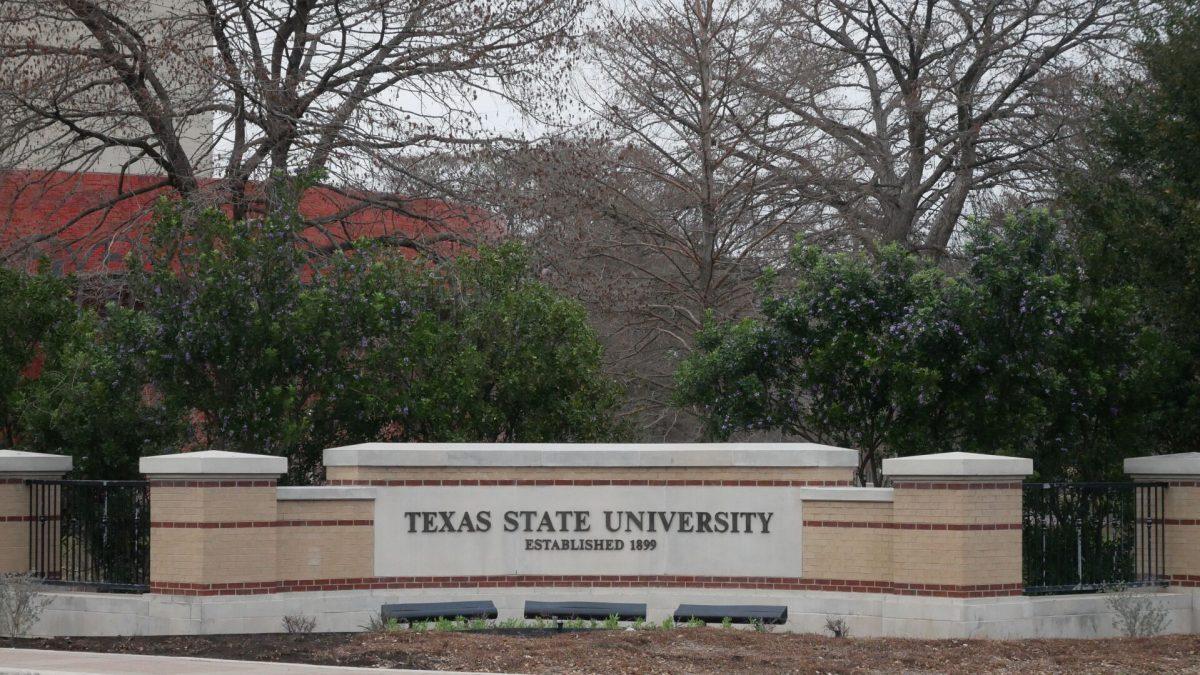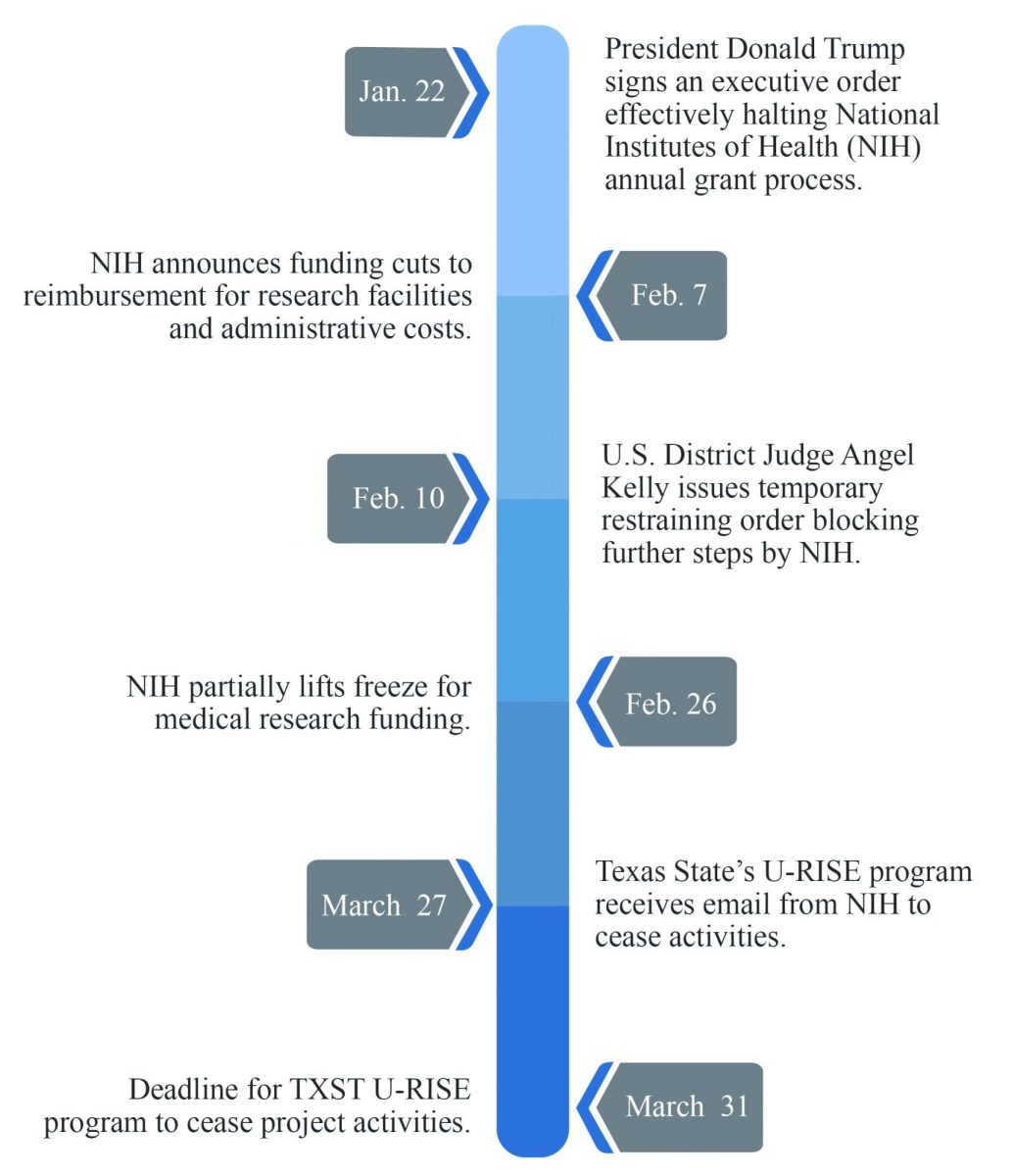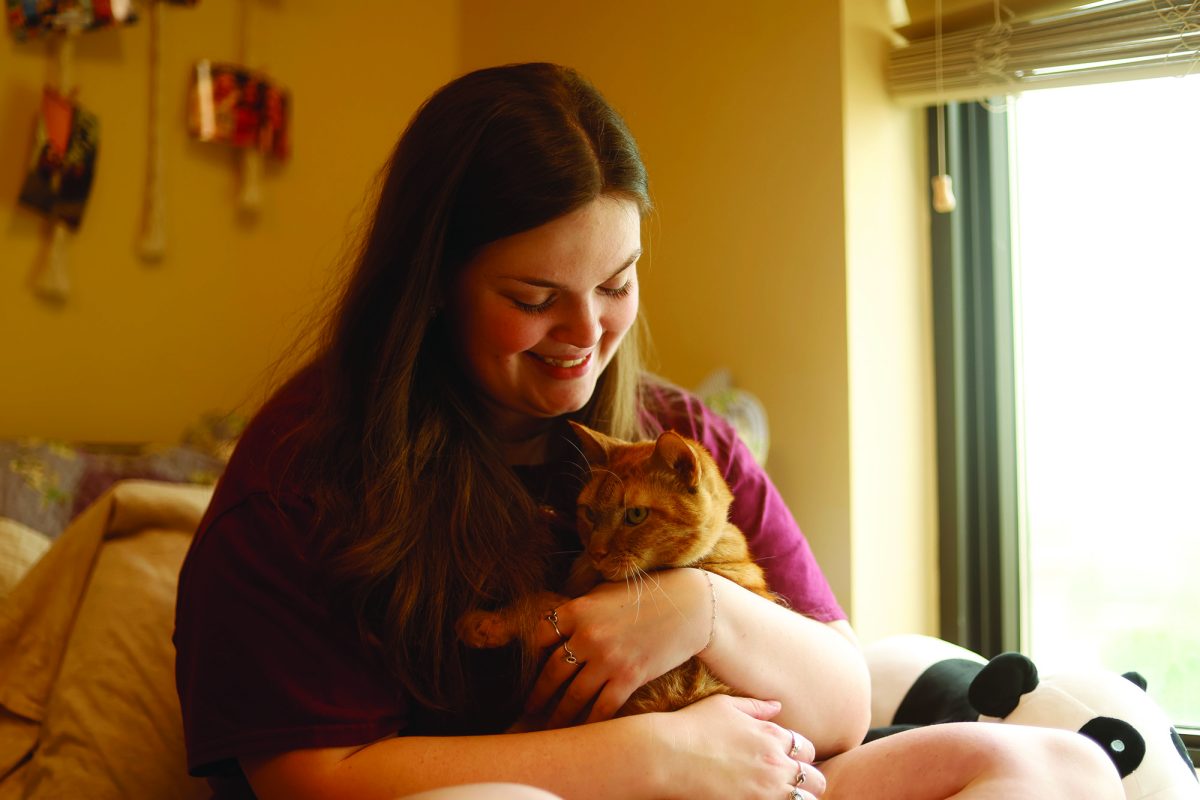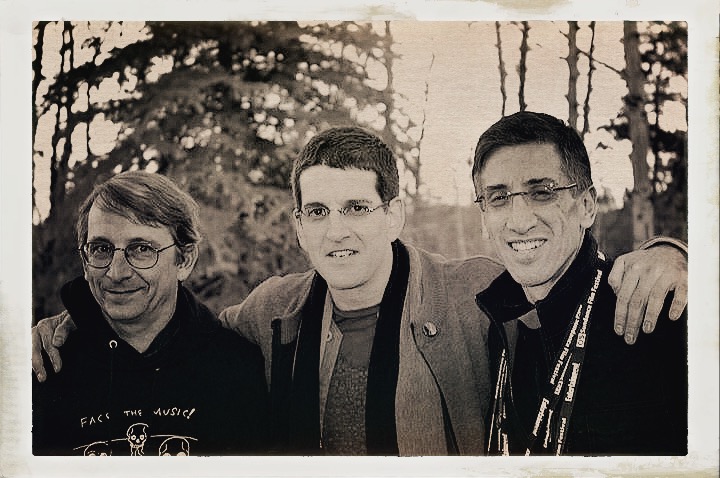Students can register for The “Problem” of Palestine for the fall, a class that brings the history of the region into the classroom and offers context for the ongoing Palestine-Israel conflict, according to students who took the class in fall 2023.
Elizabeth Bishop, associate professor in the Department of History who created and teaches the class, first taught The “Problem” of Palestine (HIST 4327) in 2016 and teaches it every fall semester since.
“In 2015 I was like ‘I should have a class that has the word Palestine in the title so that no one can ever take my right away to teach Palestine’ and that is when I decided to put this class forward,” Bishop said.
According to the course catalog, the topics include an examination of Arab Palestine, Ottoman records to 1914, Israel’s creation in 1948, Jordan’s loss of control of the West Bank and Gaza in 1967, the Palestinian Diaspora, Yasir Arafat’s leadership and the “Intifada.”
When it comes to incorporating the Israel-Palestine conflict into class curriculum, Bishop has reasons for and against it.
One reason against integrating the conflict is the “30-year rule,” which suggests that events are not considered history until 30 years have passed, according to Bishop. On the other hand, Bishop said there are digital techniques that expedite the dissemination of primary sources, meaning the current conflict could be taught using potentially available resources.
“I think with [the Oct. 7 attacks] the jolt of recognition the students experienced made them acknowledge what they were reading was really timely and important, but I stuck with the same curriculum,” Bishop said.
Ethan Rinehart, a history senior, took the class in fall 2023 and said the course added context to the events of Oct. 7.
“[The “Problem” of Palestine class] definitely helped me understand the historical context… I understood the long history of the region and especially the pattern that we are seeing,” Rinehart said.
Bishop stressed the quotation marks in the title The “Problem” of Palestine to distinguish the literal meaning of the phrase ‘Palestine is a problem’ alluding to W.E.B Du Bois’ question “What does it mean to be a problem?”
To get the class approved, Bishop had to formulate a syllabus and get it approved by both the College of Liberal Arts and Texas State’s curriculum committees.
“I decided to teach this class because I want academic freedom and I want students to have academic freedom,” Bishop said.
Chair of the Academic Freedom Committee Nathan Pino defined academic freedom as the “ability for faculty and students to teach, learn, read about or speak on subjects as long as it is in their area of expertise.”
Pino said the importance of academic freedom is rooted in the advancement of knowledge.
“We need academic freedom and not being told what or what not to teach… on issues such as current conflicts in the Middle East, faculty should be free to speak without being intimidated and students need to be able to express themselves,” Pino said.
The “Problem” of Palestine was an asynchronous class which Bishop said allowed students even more academic freedom when doing the readings, writings and assignments, specifically those who took the class in fall 2023. However, the class is set to be in-person beginning fall 2024, according to Bishop.
“With the asynchronous aspect, students were already developing their expertise before the events of Oct. 7, and then students were developing their expertise when the events of Oct. 7 happened but were not under any pressure to say anything in class,” Bishop said.
One of the biggest goals of The “Problem” of Palestine is for students to develop a working thesis based on readings, Bishop said. At the end of the semester, rather than sit for a final, students have the option to write a research paper and submit it to a research journal.
Trinity Sutherland, a public administration sophomore who also took the class in fall 2023 said the class content was well-rounded in providing different first-hand accounts of Palestine through primary source readings.
“I sent my journal to [the] Texas State Undergraduate Research Journal and I liked how we had that option because it made it feel like what we were reading and writing was insightful not just for us but could be for other people,” Sutherland said.
Bishop plans to continue teaching The “Problem” of Palestine for as long as she is a professor at Texas State because she said Palestine is at the core of her work as a historian.
“If the state of Texas ever passed a law that may negatively impact the ability of Bishop to teach the course, it would probably be a violation of federal law,” Pino said. “We want her to teach as she wishes.”



